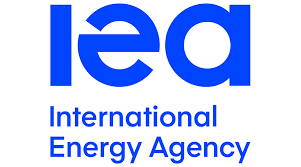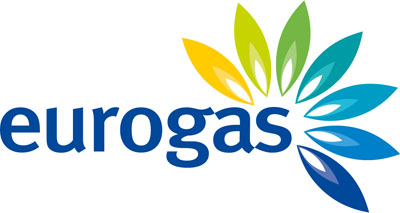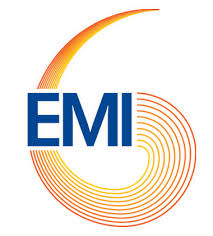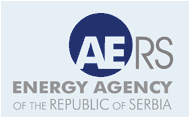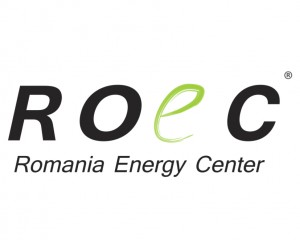Upon the invitation of the International Energy Agency (IEA), IENE participated in the Agency’s in-depth review of the energy policy of Greece which was held in Athens last week (April 3-7, 2017) under the auspices of Greece’s Ministry of Energy and Environment.
On a regular basis (almost every four years), the IEA conducts the aforementioned in-depth review on all of its member countries and includes a visit of a group of energy experts from these countries as well as the IEA’s secretariat. Upon completion of the above review and based on IEA’s conclusions, a comprehensive country report is to be prepared and published in the fall of 2017. It is worth noting that the last time Greece took part in such a review was in 2010 and the IEA’s report was published in 2011.
IENE actively participated in the discussion about energy security in Greece together with Professor Dimitrios Mavrakis, Director at Energy Policy and Development Center (KEPA), Sotiris Karellas, Associate Professor at the Thermal Engineering Section of the School of Mechanical Engineering of the National Technical University of Athens and Mrs Hara Nikolopoulou and Antonia Nikoli, delegates from the Hellenic Competition Commission.
In his presentation entitled "Energy Security in SE Europe: Special Focus on Greece”, IENE’s Executive Director Mr. Costis Stambolis initially outlined the current situation on Greece’s energy mix and its gradual change with higher penetration of natural gas and RES and the retreat of coal (lignite) over the last ten years. After highlighting Greece’s existing gas and electricity interconnections, he presented the planned new regional projects which are expected to improve the country’s security of supply, including the Vertical Corridor, Southern Gas Corridor and East Med gas pipeline but also the EuroAsia Interconnector in the case of electricity. Furthermore, Mr. Stambolis described the various vulnerable key energy infrastructure locations in SE Europe that constitute potential energy security hot spots, stressing that crisis management plans must be prepared in order to meet any emergencies (e.g. physical hazards, large scale industrial accidents or terrorist actions) which may also have negative impact on Greece’s energy security.

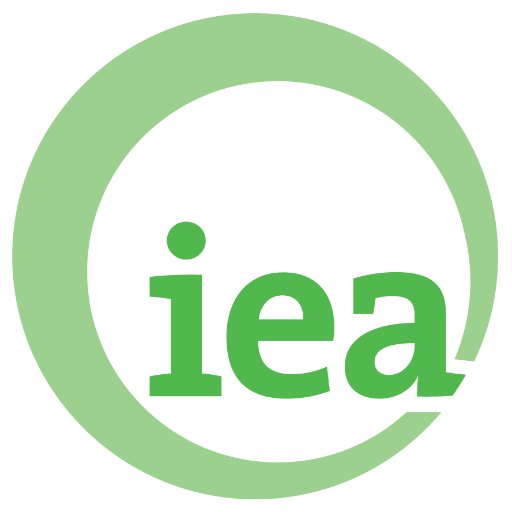 Upon the invitation of the International Energy Agency (IEA), IENE participated in the Agency’s in-depth review of the energy policy of Greece which was held in Athens last week (April 3-7, 2017) under the auspices of Greece’s Ministry of Energy and Environment
Upon the invitation of the International Energy Agency (IEA), IENE participated in the Agency’s in-depth review of the energy policy of Greece which was held in Athens last week (April 3-7, 2017) under the auspices of Greece’s Ministry of Energy and Environment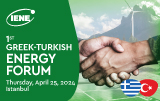
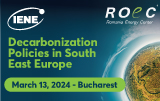

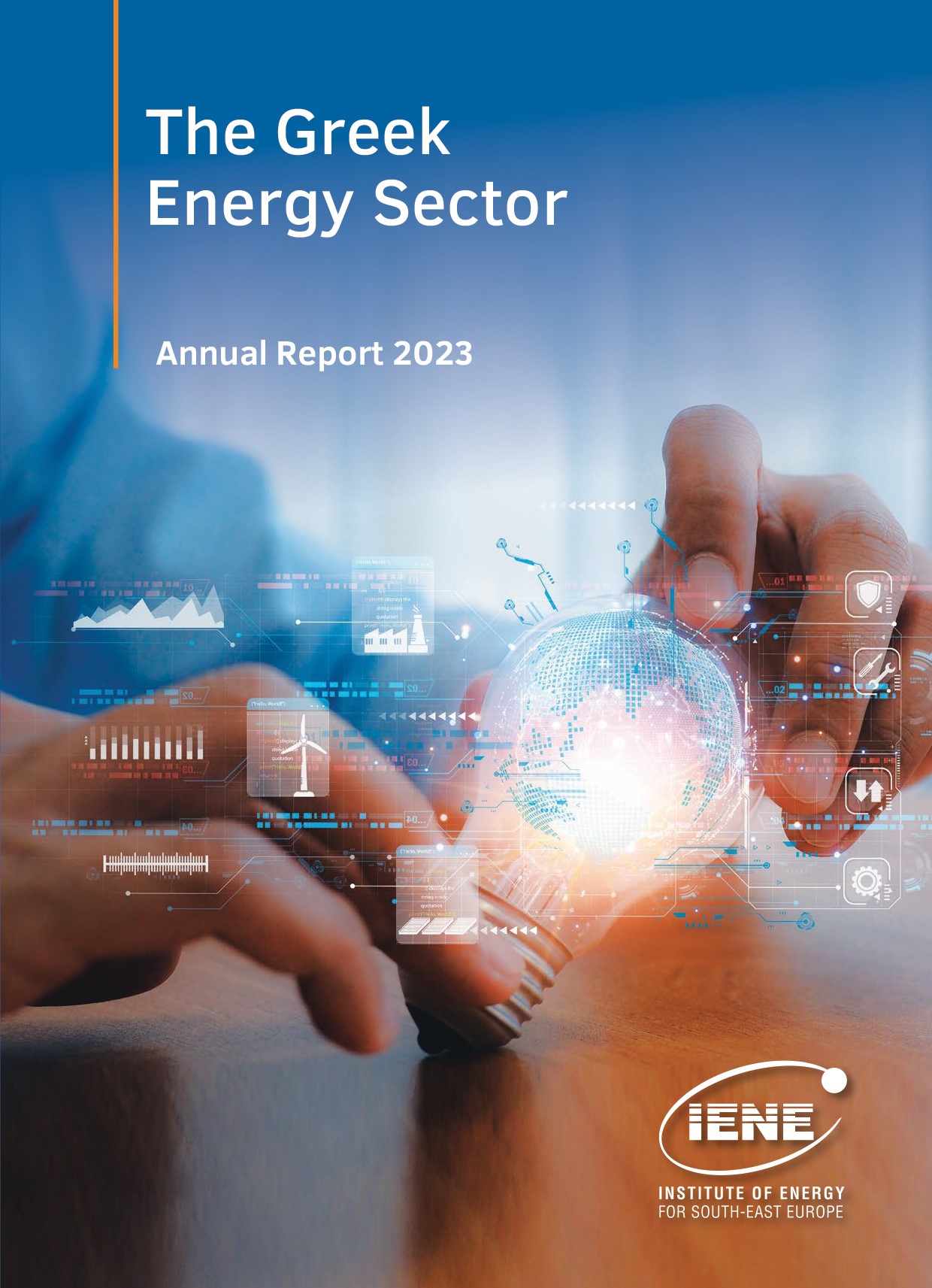
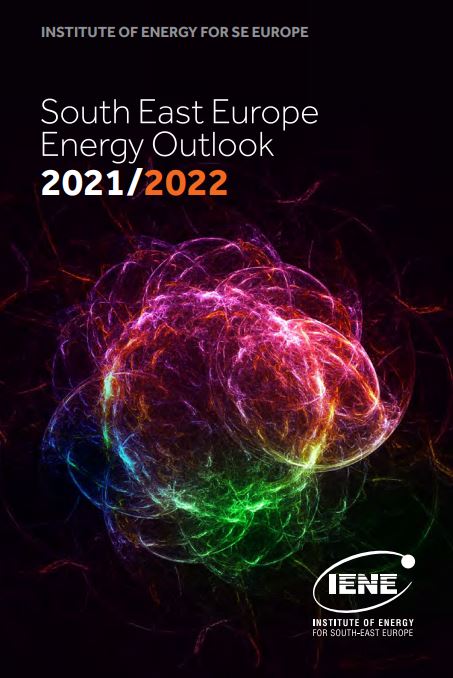
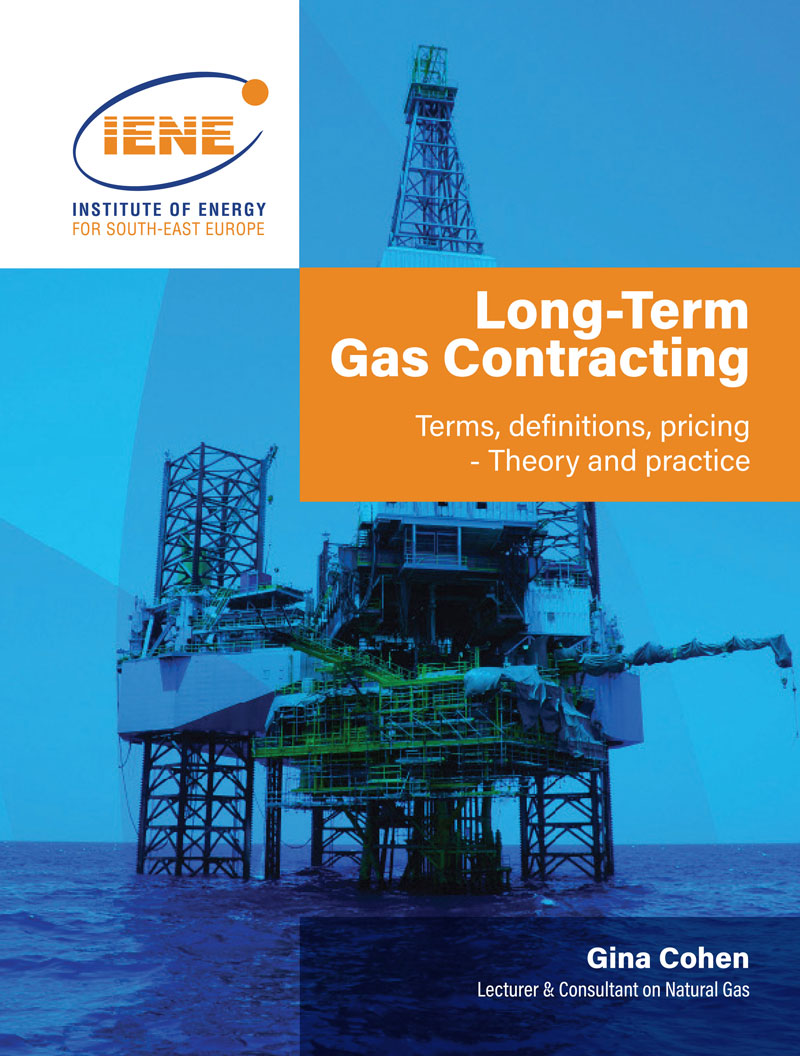 More
More
